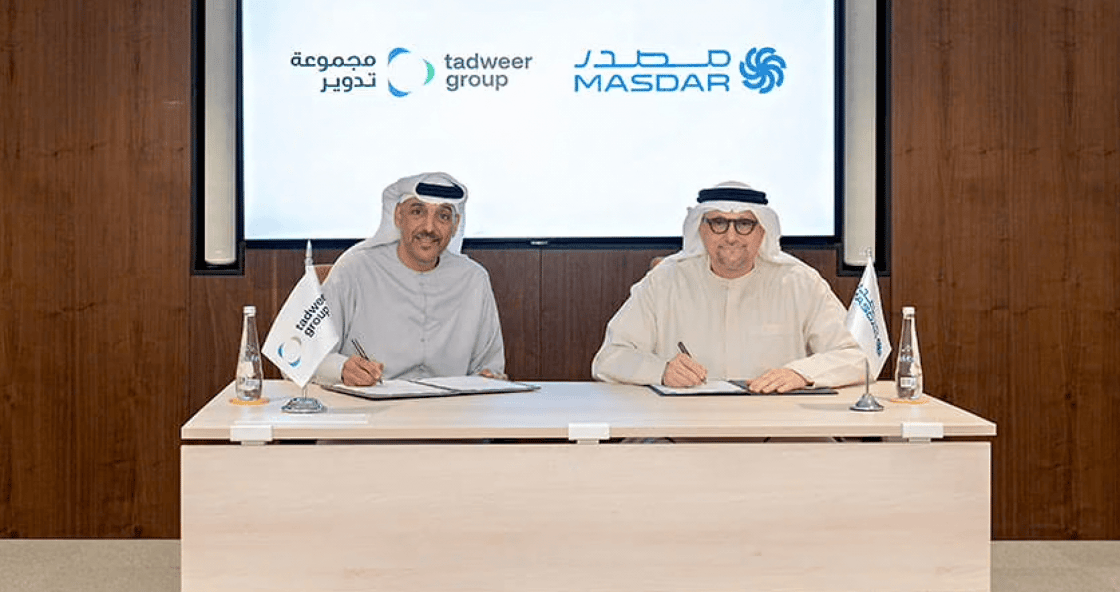
The plant will convert around 500,000 tonnes of waste into SAF per year, using a hybrid production pathway that combines renewable-powered green hydrogen production and syngas from waste gasification.
Once operational, the project is expected to serve multiple markets, in a bid to position Abu Dhabi as a regional SAF hub and support decarbonising a sector that accounted for over 18% of the UAE’s GDP in 2023, according to International Air Transport Association (IATA) data.
Mohamed Jameel Al Ramahi, CEO at Masdar, said the project will advance the UAE’s profile in sustainable aviation, supporting the growth of a sector critical to the nation’s economic development.
Ali Al Dhaheri, Managing Director and CEO of Tadweer, said it aims to showcase the “incredible potential of waste” and set a benchmark for sustainable transformation worldwide.
SAF has the potential to reduce lifecycle carbon emissions by up to 80% compared with conventional jet fuel, according to IATA estimates, but scaling hinges on competitive pricing.
A recent report from PA Consulting found producers need to agree on “creative solutions with buyers” that keep costs low while assuring a minimum return.
But through government mandates and a wide range of corporate partnerships, the market is gaining momentum.
The EU has introduced strong mandates on SAF, with at least 2% of fuel supplied at EU airports required to be SAF from 2025, growing to 70% by 2050. There’s also a 1.2% 2030 sub-target for green hydrogen-based synthetic fuels, which could reach 35% by 2050.

